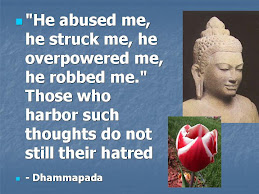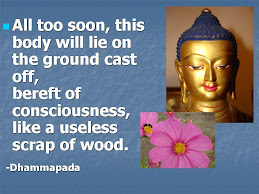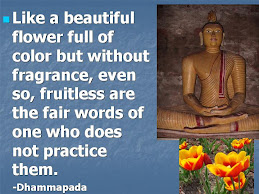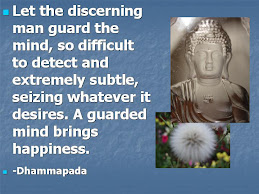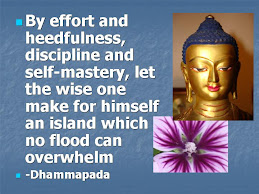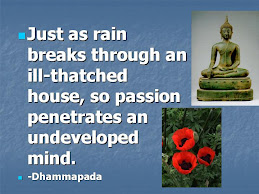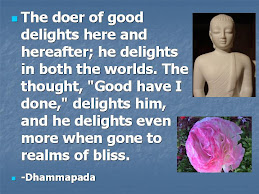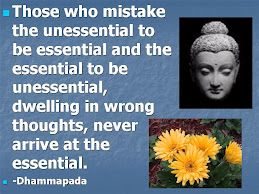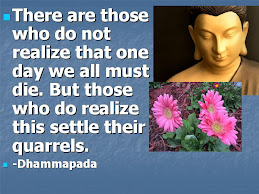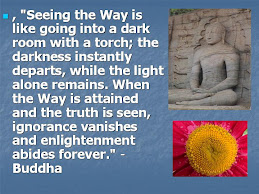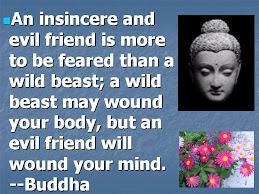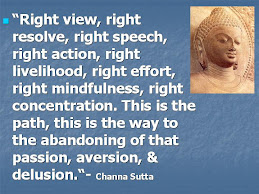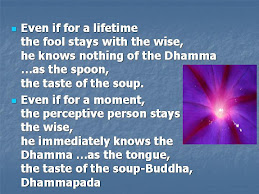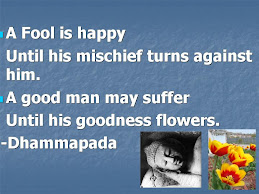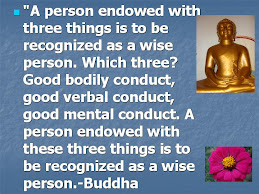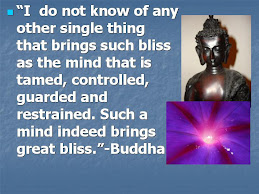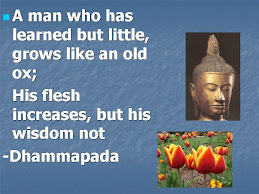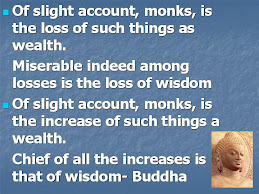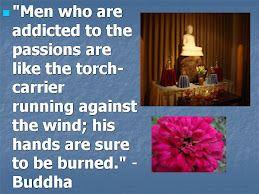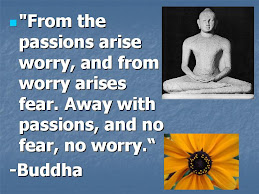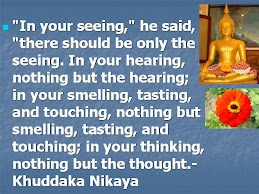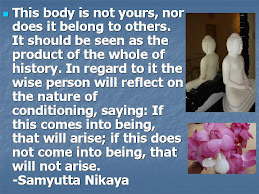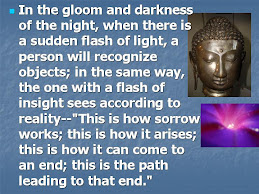
If somebody calls you a name, in school, at work or even while you are on the road how would you react to it? Would you retaliate with a name, anger or even physical violence?
Is there another way ? Can we RESPOND to it rather than REACT to it?
Buddha showed this amazing way how you can deal with it. It is the training of the mind thorough a process called insight (Vipassana) meditation.
For example, somebody tells you a stupid idiot! You know it is just a “sound”. It is impermanent and subject to change. You have to contemplate “if I hold on this will lead to suffering, and does not belong to me anyway. Bingo! The “sound” is gone!...in a flash. No anger arises in you. You are peaceful and you are ready for your next encounter.
Sounds fun isn’t it? It is not easy but it can be done. It needs a little bit of work. This is where insight (Vipassana) meditation comes in to play. This training can be put into practice in our day to day life to save us from suffering. Mindfulness plays a big role in here.
In essence we create our own suffering. We receive the sound, interpret it, keep thinking about it, making thought after thought…you become a “kamma machine.” You need to switch off that kamma machine. This is the only way.
The path to final freedom from suffering! The ultimate happiness.
Want to lean more?
Please click on the labels below:






























